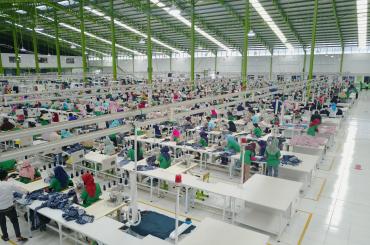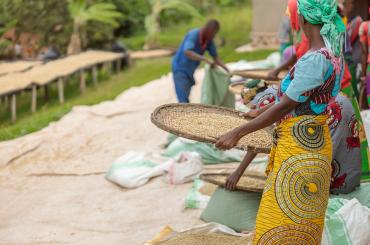
coffee
-

Education during commodity booms in low-income countries: Lessons from history
Commodity specialisation in Colombia during the late 19th and 20th centuries had negative impacts on the demand for education during a surge in global demand for coffee
-

Global value chains and development
How does participating in global value chains impact developing countries?
-

Paid work for women and domestic violence: Evidence from Rwanda
New coffee mills in Rwanda increase women's paid employment, and women's and their husbands' earnings, which decreases domestic violence
-

The dangers of emerging-market competition: Evidence from Rwanda’s coffee supply chain
Increased competition in agriculture markets sustained by informal contracts can diminish performance and value for all players in the supply chain
-

Strategic default in the international coffee market
Linking farmers to global markets could spur growth and reduce poverty, but if markets do not work well these gains cannot be realised